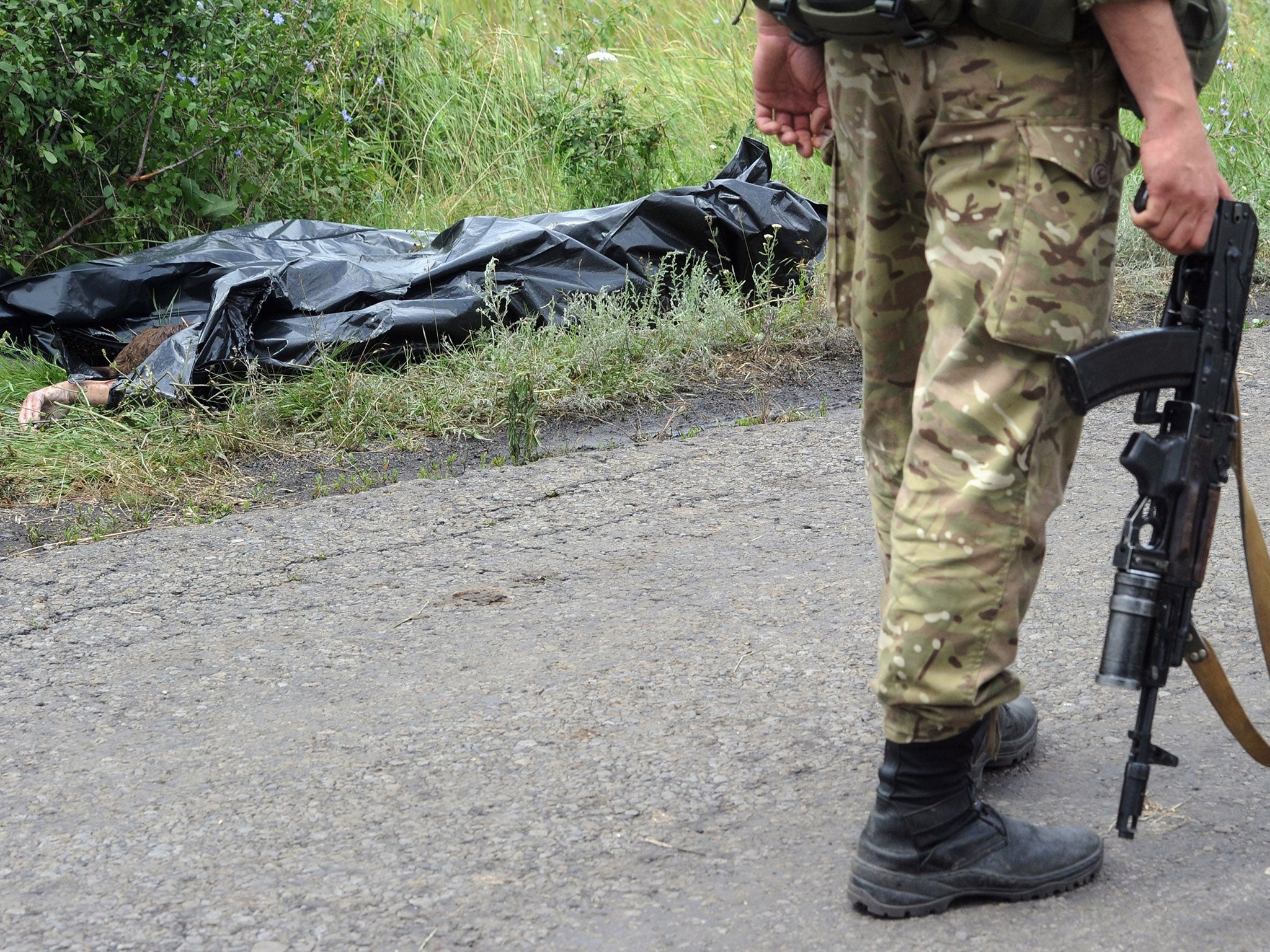Terrorism fuelled by state violence, extra-judicial killings and ethnic tensions
Study reveals three main causes of fivefold increase in global bloodshed since 2000

Your support helps us to tell the story
From reproductive rights to climate change to Big Tech, The Independent is on the ground when the story is developing. Whether it's investigating the financials of Elon Musk's pro-Trump PAC or producing our latest documentary, 'The A Word', which shines a light on the American women fighting for reproductive rights, we know how important it is to parse out the facts from the messaging.
At such a critical moment in US history, we need reporters on the ground. Your donation allows us to keep sending journalists to speak to both sides of the story.
The Independent is trusted by Americans across the entire political spectrum. And unlike many other quality news outlets, we choose not to lock Americans out of our reporting and analysis with paywalls. We believe quality journalism should be available to everyone, paid for by those who can afford it.
Your support makes all the difference.Terrorism has become dramatically more deadly and more widespread across the globe with a 60 per cent rise in the number of deaths and countries affected by major attacks, a study has found.
Fatalities from terrorist incidents rose from just over 11,000 in 2012 to nearly 18,000 last year, while the number of countries which experienced more than 50 deaths from terror attacks rose from 15 to 24, according to the Global Terrorism Index (GTI).
The authors of the comprehensive annual survey of terrorist incidents and trends said that the vast majority of the bloodshed was restricted to five countries – Syria, Iraq, Afghanistan, Pakistan and Nigeria – where groups such as Isis (also known as Islamic State or Isil) adhering to extreme Wahhabist interpretations of Islam are leading attacks.
While counter-terrorism campaigns were necessary short-term measures, only longer-term political strategies such as strengthening moderate Sunni countries and institutions are likely decrease the appeal of extremism and eventually eliminate the threat, the report said.
The report was published as Prime Minister David Cameron convened a meeting of security chiefs and senior officials to discuss the ramifications of the latest Isis atrocity, including the murder of American Muslim convert Abdul-Rahman Kassig and the grisly beheading of a group of Syrian captives by a contingent of foreign jihadis.
According the GTI study, there have been 48,000 incidents worldwide since 2000, claiming 107,000 lives.
The figures represent a fivefold increase in terrorist activity in the last 14 years with almost 10,000 incidents happening in 2013 alone, claiming 17,958 lives.
While some 82 per cent of these deaths occurred in the five countries, the number of countries experiencing major attacks also increased with Algeria, China, South Sudan and Central African Republic among nine new countries where more than 50 died from terror incidents in 2013.
Steve Killelea, executive chairman of the Institute for Economics and Peace, which compiled the report, said: "We don’t know yet exactly why this is happening but when people see the 'success' of groups like Isil in Iraq and Syria this can be a motivation for other groups to see terrorism as a successful strategy."
The study found that poverty and other economic factors such as length of schooling or life expectancy appeared to have little influence on whether terrorism would become a problem in a country.
Instead, the three key factors spawning terrorism were high levels of hostility between different ethnic or religious groups, the use of state-sponsored violence such as extra-judicial killings and a high background level of violence from organised conflict or crime.
But the study said deaths from terrorism needed to be assessed within a broader context of wider crime such as murder, which claims 40 times more lives each year than terrorism.
Only 5 per cent of terrorist fatalities have occurred within rich countries even when events such as the 9/11 attacks in the US and the 7/7 bombing in London are included in the tally. In Britain, there were 188 deaths from murder or manslaughter for every fatality from a terrorist “spectacular” between 2000 and 2011.
Mr Killelea said: "We do need to have a rational discussion of terrorism based on the statistics and figures. The best way to beat terrorism is to get it under control globally."
The study cited research which found that 80 per cent of terrorist organisations have been stopped by a combination of confrontation by security forces and a political process to address grievances. In only 7 per cent of cases has a military campaign to smash a terrorist organisation succeeded by itself.
Speaking after the meeting of the Cobra contingency committee to discuss issues including the alleged participation by British fighters in the mass beheading, Mr Cameron said "we will not be cowed by these sick terrorists".
Join our commenting forum
Join thought-provoking conversations, follow other Independent readers and see their replies
Comments